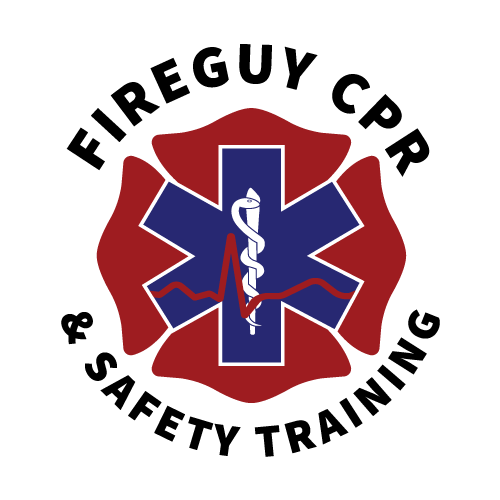When it comes to administering first aid, time is of the essence. Immediate action can make the difference between life and death, between a full recovery and lasting harm. Here’s why taking swift action is paramount in first aid:
1. Golden Hour: Medical professionals often refer to the “golden hour” as the first crucial 60 minutes following a severe injury or medical emergency. During this time, prompt medical intervention can significantly improve a patient’s chances of survival and recovery. Delaying first aid can lead to a deterioration of the victim’s condition.
2. Oxygen and Blood Flow: In cases of cardiac arrest, severe bleeding, or choking, every second counts. Immediate action ensures that vital organs, especially the brain, receive a continuous supply of oxygen and blood. Brain cells can start to die within minutes without oxygen, emphasizing the urgency of rapid response.
3. Stabilization of Injuries: Immediate first aid can help stabilize injuries and prevent further damage. For example, splinting a fractured bone or applying pressure to a bleeding wound can minimize complications and reduce the risk of long-term disability.
4. Prevention of Shock: Shock is a life-threatening condition that can follow severe injuries or illnesses. Administering first aid promptly can help prevent or alleviate shock symptoms, including low blood pressure, rapid heart rate, and confusion.
5. Rapid Response to Allergic Reactions: Allergic reactions, especially anaphylaxis, can progress rapidly. Immediate administration of epinephrine and other first aid measures can halt the reaction and save a life.
6. Enhanced Survival Rates: Studies have consistently shown that immediate action in cases of cardiac arrest, such as performing cardiopulmonary resuscitation (CPR) and using automated external defibrillators (AEDs), dramatically improves survival rates. In some cases, early defibrillation within minutes can result in survival rates as high as 90%.
7. Reducing Complications: Prompt first aid can help prevent complications that may arise from injuries or medical emergencies. For instance, quick treatment of a burn can minimize tissue damage and reduce the risk of infection.
8. Supporting Professional Care: First aid is often the first step in a patient’s care journey. It buys time until professional medical help arrives. First responders can provide essential information about the patient’s condition, actions taken, and any specific needs, which can expedite hospital care.
In conclusion, immediate action is a fundamental principle of first aid. Whether it’s a minor injury or a life-threatening emergency, swift and effective response can save lives, minimize complications, and improve overall outcomes. Remember, in the world of first aid, every second matters, and your timely actions can make a world of difference for someone in need.

Recent Comments